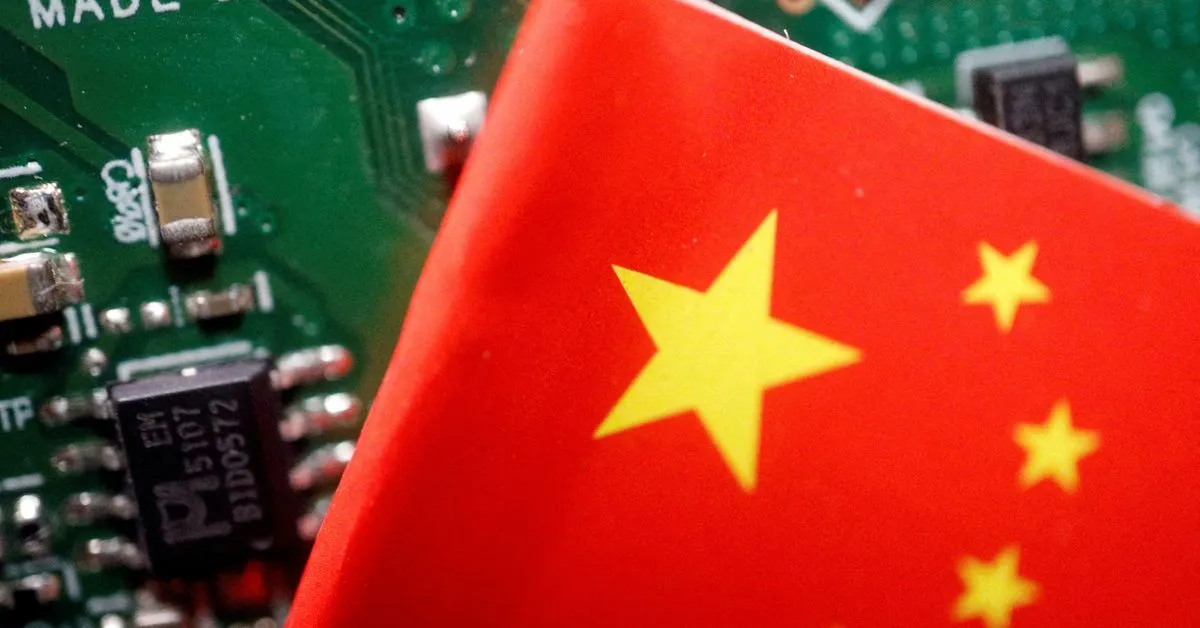- cross-posted to:
- [email protected]
- [email protected]
- [email protected]
- cross-posted to:
- [email protected]
- [email protected]
- [email protected]
There is a discussion on Hacker News, but feel free to comment here as well.
This is the best summary I could come up with:
The lawmakers expressed concerns that Beijing is exploiting a culture of open collaboration among American companies to advance its own semiconductor industry, which could erode the current U.S. lead in the chip field and help China modernize its military.
Such calls to regulate RISC-V are the latest in the U.S.-China battle over chip technology that escalated last year with sweeping export restrictions that the Biden administration has told China it will update this month.
U.S. persons should not be supporting a PRC tech transfer strategy that serves to degrade U.S. export control laws," Representative Michael McCaul, chairman of the House Foreign Affairs Committee, said in a statement to Reuters.
McCaul said he wants action from the Bureau of Industry and Security, the part of the Commerce Department that oversees export-control regulations, and would pursue legislation if that does not materialize.
“I fear that our export-control laws are not equipped to deal with the challenge of open-source software - whether in advanced semiconductor designs like RISC-V or in the area of AI - and a dramatic paradigm shift is needed,” Warner said in a statement to Reuters.
The RISC-V technology came from labs at the University of California, Berkeley, and later benefited from funding by the Pentagon’s Defense Advanced Research Projects Agency (DARPA).
The original article contains 840 words, the summary contains 212 words. Saved 75%. I’m a bot and I’m open source!
Good bot


